The Friendship Garden
Garage Museum of Contemporary Art
2021
2021
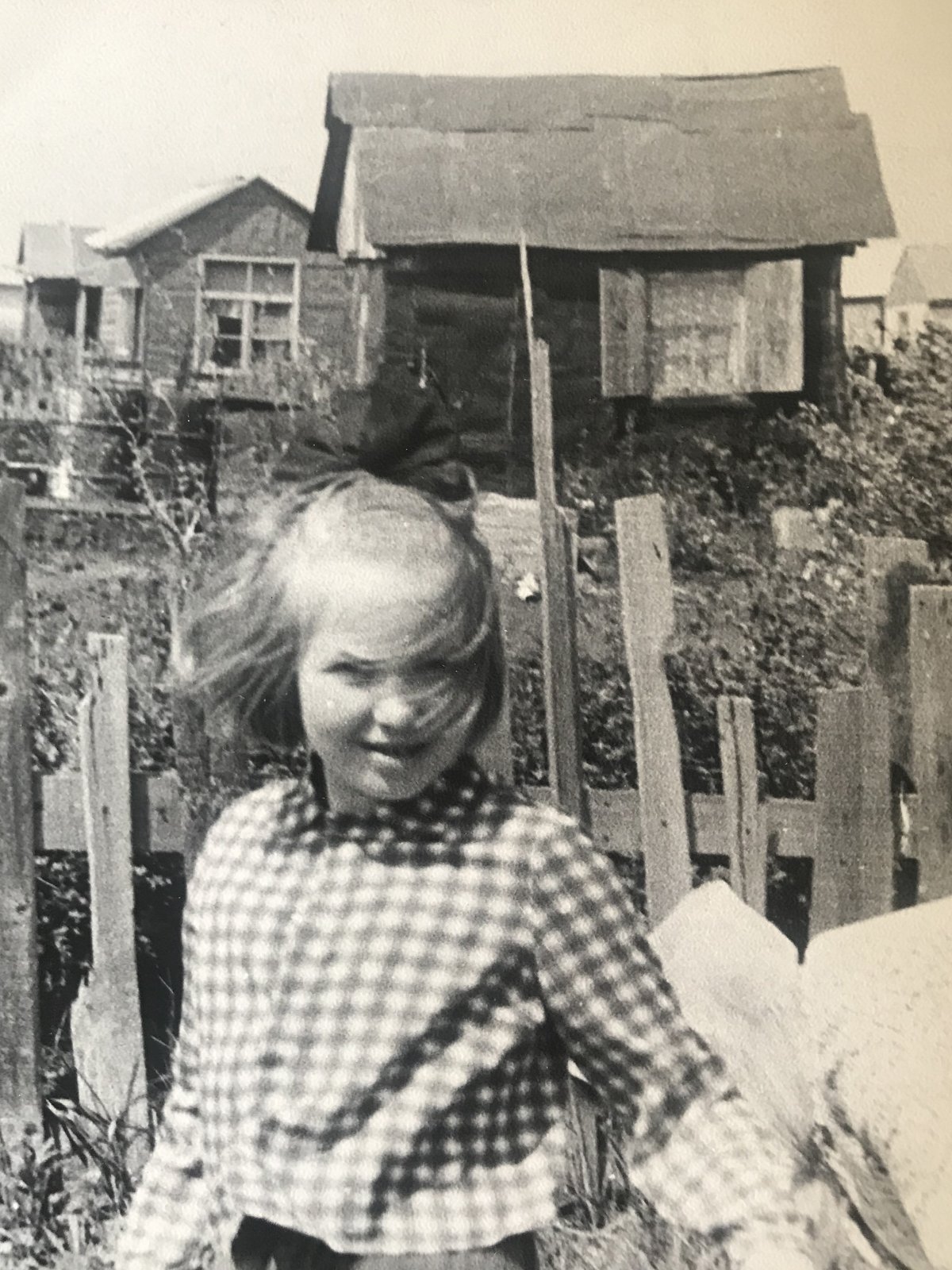
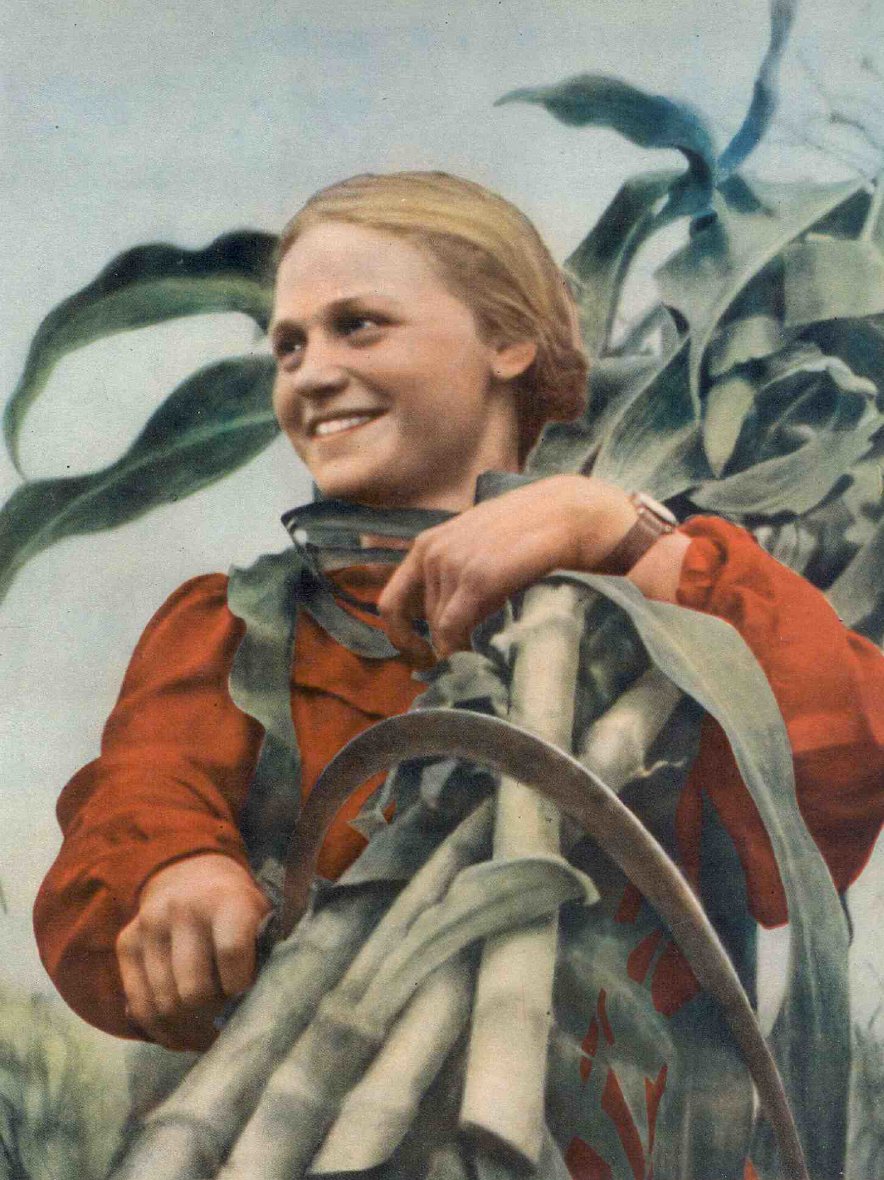
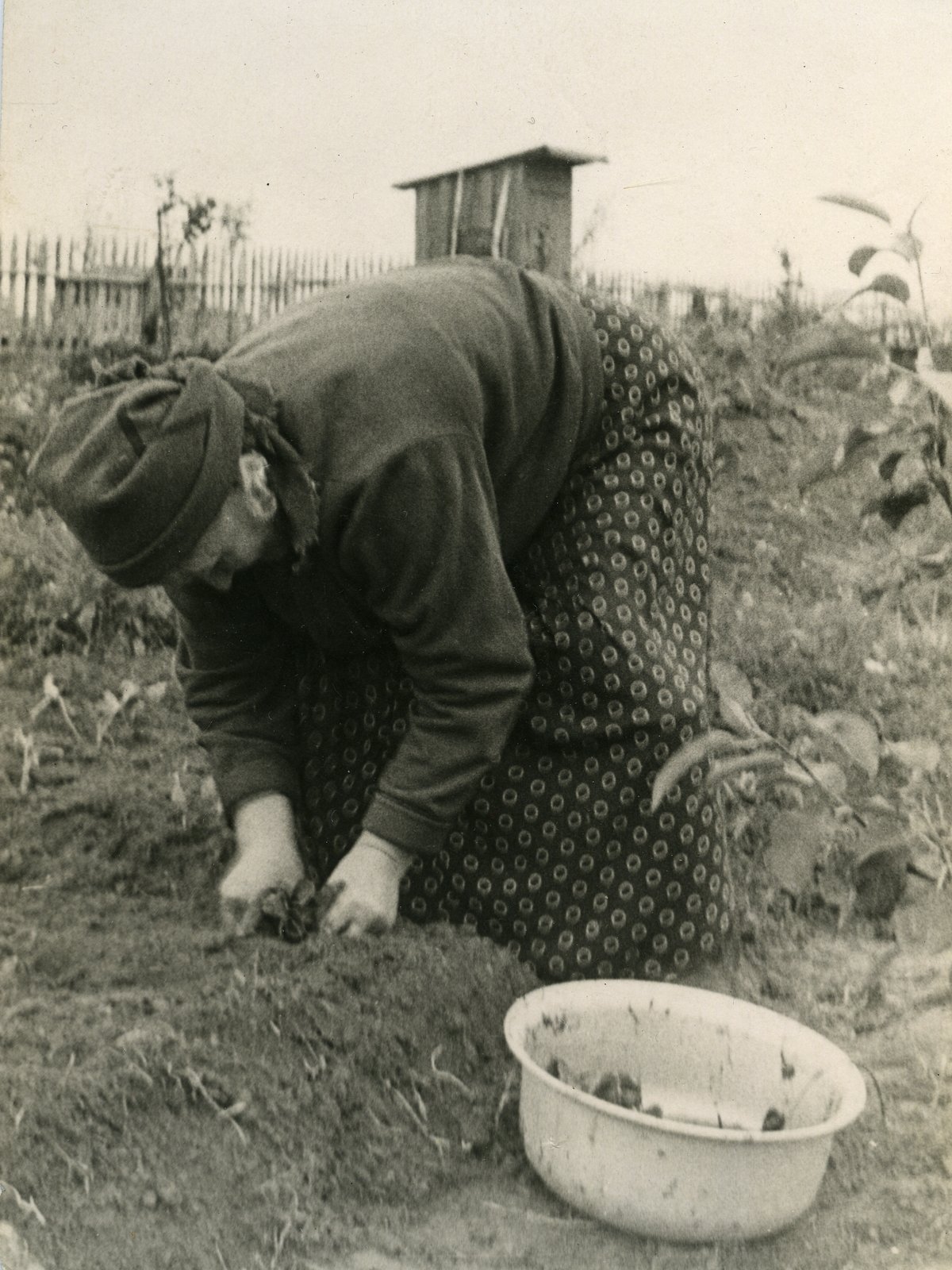
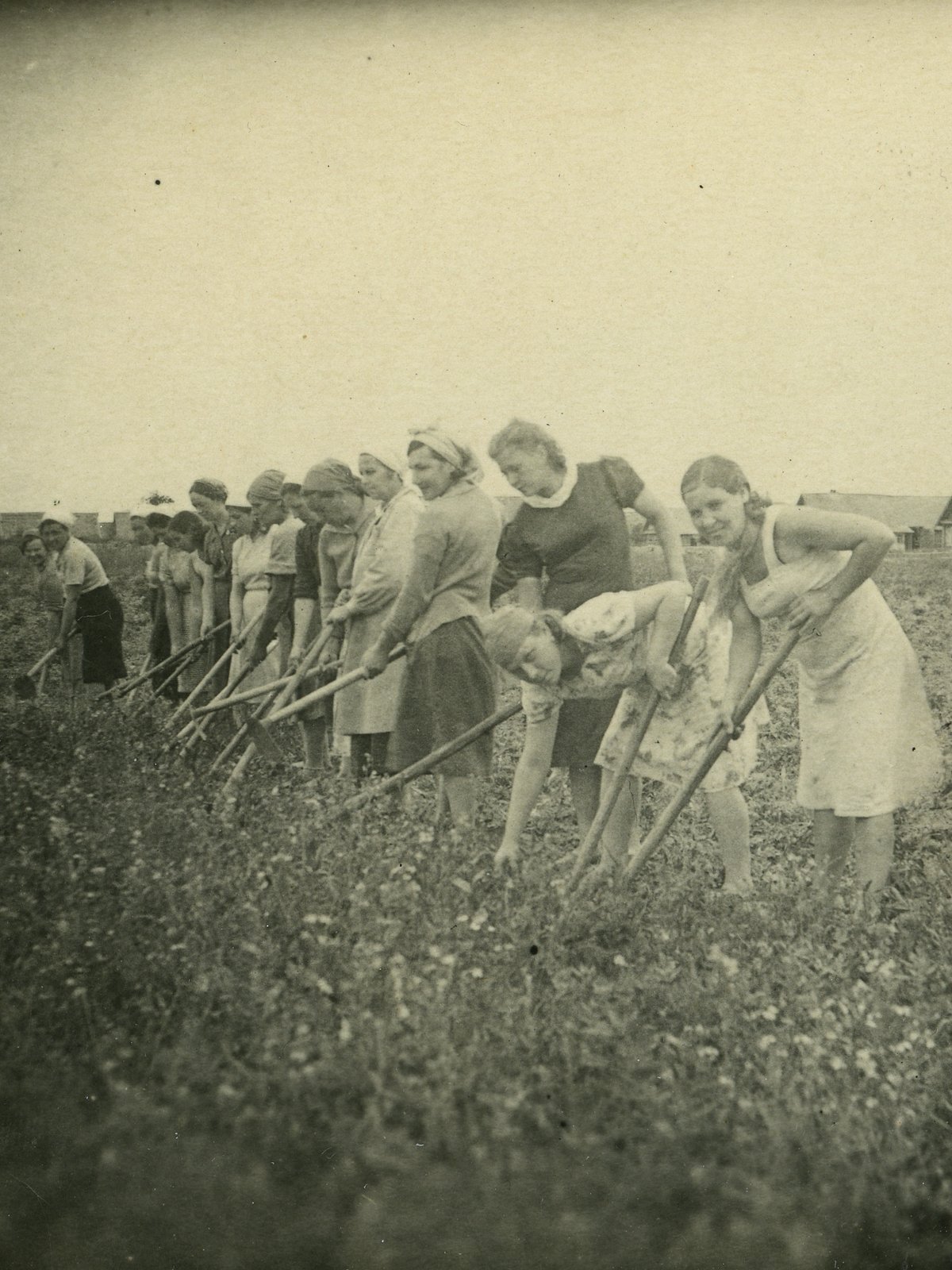
The Friendship Garden is a project initiated as part of the Field Research. By championing strategies of resistance and bringing to light the places, events, and people often neglected by or recouped from dominant histories, the Field Research challenges the leading positions of dominant agents of knowledge, liberating knowledge from belonging to one discipline, one culture or one narrative, and breaks free from the prevailing impermeability of academic and archival institutions in the post-Soviet spaces.
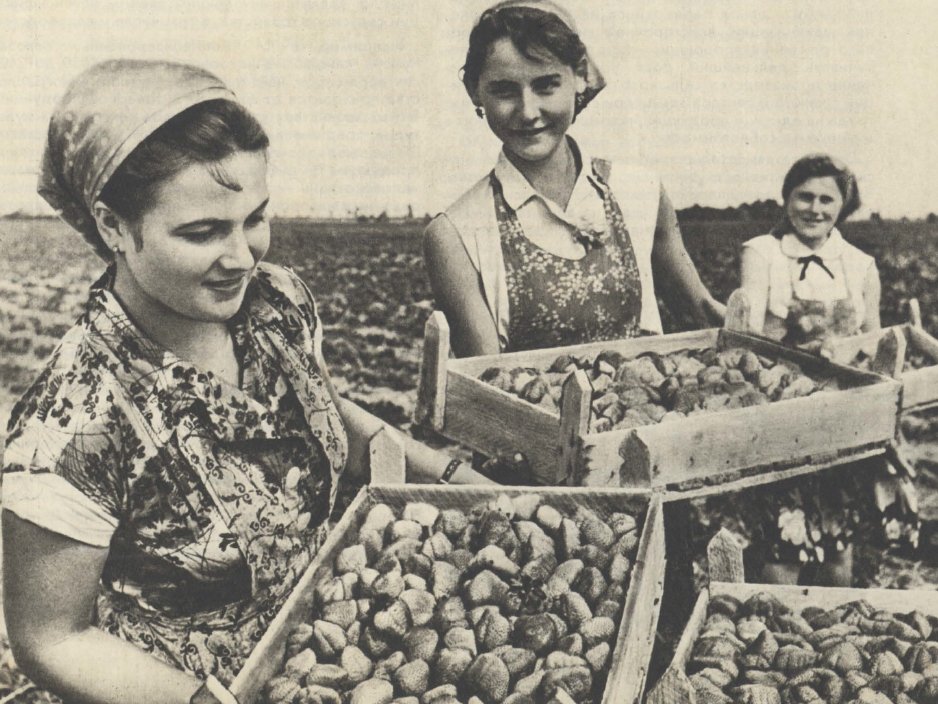
The Friendship Garden investigates the land cultivation practices of Soviet women and their role in female self-expression, creativity, and independence.
Home-grown food provided the promise of autonomy in the authoritarian state, and gardens and allotments fostered intricate support structures that connected neighbors, scarce tools, labor, and produce. Like many other female practices of the Soviet era, gardening has been largely overlooked and has escaped artistic enquiry. The research opens up complex discussions around the state, the body, womanhood, the female connection to land, and friendship as an alternative economic force.
The starting point for the project is the history of Friendship, an allotment garden cooperative where Grotova’s great-grandmother Klavdia and her daughter Marina, the artist’s grandmother, had a plot for three decades starting from the 1960s, in the aftermath of their return from ALZHIR-Akmolinsk Camp for Wives of Traitors to the Motherland. Friendship was situated in the Urals, bordering the vast forest that camouflaged a myriad of nuclear research towns. The garden’s timeline ran parallel to the Cold War but existed outside official history, instead being in sync with the lunar cycles, plants, and lives of the female gardeners. The allotment garden was set up with the help of other women formerly imprisoned in ALZHIR and became a site where their trauma could be processed and their new-found freedom made sense of through engagement with the earth. Since the garden also served as the main source of food, the wellbeing of the family and all the neighbors depended on collaboration and, quite literally, friendship. The project delves into personal history and uses it as a prompt to imagine alternative economic systems based on friendship, cooperation, and care.
In 2021 Grotova visited women’s gardens that have been overlooked or erased from public memory. They are scattered from Yakutia and Kazakhstan to western Russia and Ukraine, each presenting a unique story and an empowering vision of perseverance and resistance. Grotova is interested in re-actualizing the gardens’ lost histories and unraveling power’s relationship to memory and the politics of forgetting. Through her research and artistic work, the artist hopes to re-situate the grandmothers’ knowledge in the world.
Home-grown food provided the promise of autonomy in the authoritarian state, and gardens and allotments fostered intricate support structures that connected neighbors, scarce tools, labor, and produce. Like many other female practices of the Soviet era, gardening has been largely overlooked and has escaped artistic enquiry. The research opens up complex discussions around the state, the body, womanhood, the female connection to land, and friendship as an alternative economic force.
The starting point for the project is the history of Friendship, an allotment garden cooperative where Grotova’s great-grandmother Klavdia and her daughter Marina, the artist’s grandmother, had a plot for three decades starting from the 1960s, in the aftermath of their return from ALZHIR-Akmolinsk Camp for Wives of Traitors to the Motherland. Friendship was situated in the Urals, bordering the vast forest that camouflaged a myriad of nuclear research towns. The garden’s timeline ran parallel to the Cold War but existed outside official history, instead being in sync with the lunar cycles, plants, and lives of the female gardeners. The allotment garden was set up with the help of other women formerly imprisoned in ALZHIR and became a site where their trauma could be processed and their new-found freedom made sense of through engagement with the earth. Since the garden also served as the main source of food, the wellbeing of the family and all the neighbors depended on collaboration and, quite literally, friendship. The project delves into personal history and uses it as a prompt to imagine alternative economic systems based on friendship, cooperation, and care.
In 2021 Grotova visited women’s gardens that have been overlooked or erased from public memory. They are scattered from Yakutia and Kazakhstan to western Russia and Ukraine, each presenting a unique story and an empowering vision of perseverance and resistance. Grotova is interested in re-actualizing the gardens’ lost histories and unraveling power’s relationship to memory and the politics of forgetting. Through her research and artistic work, the artist hopes to re-situate the grandmothers’ knowledge in the world.